Opinion: Time is running out to sign up for PFAS-REACH children’s health study
| Published: 03-29-2024 6:00 AM |
Andrea Amico of Portsmouth is a Testing for Pease, co-founder.
Almost ten years ago, the Pease community learned that our drinking water was contaminated with high levels of per- and polyfluoroalkyl substances (PFAS) from firefighting foam used when the Pease Tradeport was an Air Force base. PFAS are a large class of man-made chemicals that are persistent in the environment and some PFAS bioaccumulate and remain in the human body for years.
PFAS are toxic and the science on impacts to human health continues to evolve. The research so far shows some PFAS have been associated with multiple adverse health effects that impact many systems of the body such as different types of cancer, elevated cholesterol, lower antibody response to some vaccines, changes in liver enzymes, pregnancy-induced hypertension, and decreased birth weight in babies. More research is needed to fully understand how PFAS exposure, from drinking highly contaminated water or other sources, impacts human health over time.
The Pease community was one of the first communities in the nation to grapple with this problem. Since 2014, we have been on the cutting edge of significant advocacy, leadership, resources, and support that has paved the way for a community PFAS blood testing program, two PFAS human health studies, filtration of the Pease drinking water, remediation of the contamination, and regulations on PFAS.
One of the PFAS health studies, funded by the National Institute of Environmental Health Sciences (NIEHS) is called PFAS-REACH and is currently enrolling participants to study the potential effects of PFAS exposure on the immune systems of young children exposed to PFAS-contaminated drinking water at Pease before May of 2014. My community advocacy group, Testing for Pease, advocated for this study and serves as a community partner for the PFAS-REACH study. The study has recently expanded its eligibility criteria to include older children. If you have children currently between the ages of 11-15 who attended daycare at the Pease Tradeport before May of 2014, please consider signing up for the study. Also, if you are a woman who worked at the Pease Tradeport before May of 2014 and currently have children ages 4-8, please consider signing up for the study.
My daughter attended daycare at Pease starting at 12 weeks of age. She was 3 years old when we learned she had been consuming water at her daycare that was highly contaminated with PFAS. There is not a day that goes by that I don’t worry about how the impacts of drinking highly contaminated water at a critical window in her development will impact her health over time. She is now 13 years old and she recently participated in the PFAS-REACH study because it is important to us that we learn about how PFAS exposure at an early age in her life may impact her health now that she is older. We also want to know what the current PFAS levels are in her blood now that her exposure to highly contaminated drinking water stopped nearly 10 years ago. This study will provide answers and meaningful information for my daughter and our family.
We can’t undo the PFAS exposure our community endured at Pease in the past, but we can learn from it and participate in studies that will help evolve the science on human health and PFAS exposure. There are few human health studies on PFAS and it is a privilege to be in a community where we are given this opportunity. Therefore, I strongly encourage anyone with children who may be eligible to please consider signing up for the PFAS-REACH study. Community participation in this study not only helps the Pease community better understand the impacts from PFAS contaminated water on our health, but will also help inform the thousands of other communities and millions of people across the country who are also grappling with consuming PFAS-contaminated drinking water but lack access to the opportunities that we have.
Article continues after...
Yesterday's Most Read Articles
The study is enrolling children through the end of April 2024, so now is the time to sign up. Being in the study is easy: a one-time blood draw and urine sample are collected from your child and the parent completes a questionnaire over the phone and responds to text messages every two weeks. You get detailed results from the study and up to $125 in gift cards for participating.
To learn more or to see if your children are eligible to participate in the PFAS-REACH study, please email pfas-reach@silentspring.org , call/text 617-221-6428, or visit pfas-exchange.org/childrenstudy/

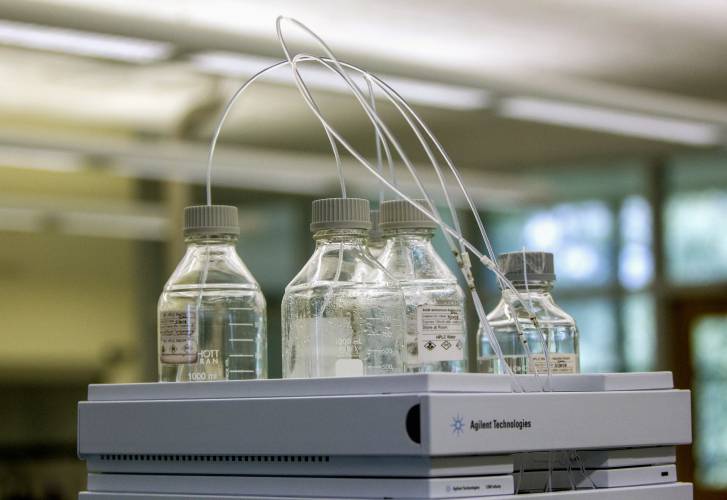
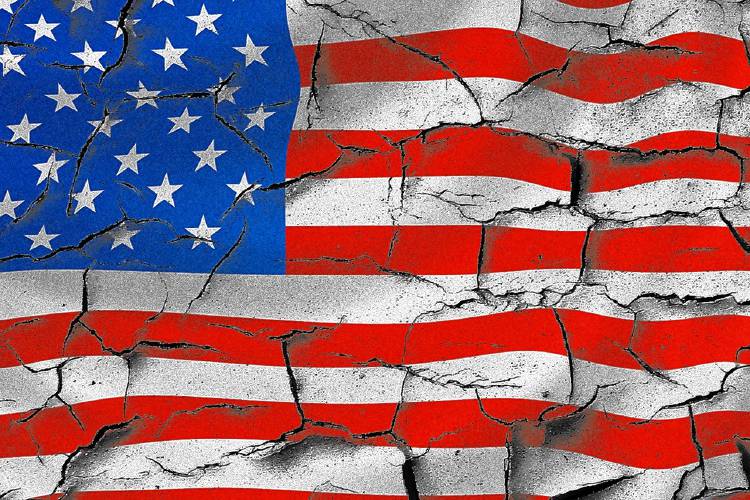

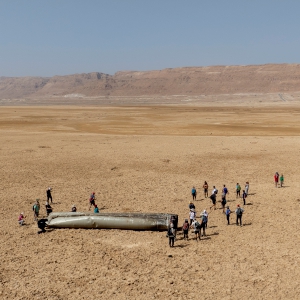 Opinion: The truth of it
Opinion: The truth of it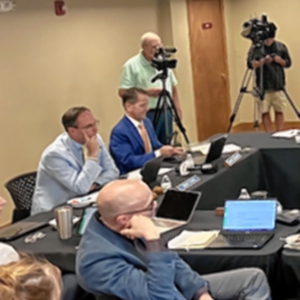 Opinion: Public school standards overhaul will impact every facet of public education in NH
Opinion: Public school standards overhaul will impact every facet of public education in NH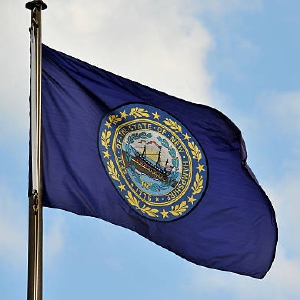 Opinion: A bad idea for New Hampshire
Opinion: A bad idea for New Hampshire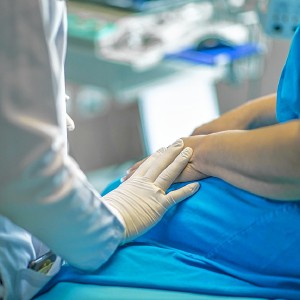 Opinion: Medical Aid in Dying would have spared my father’s suffering
Opinion: Medical Aid in Dying would have spared my father’s suffering
